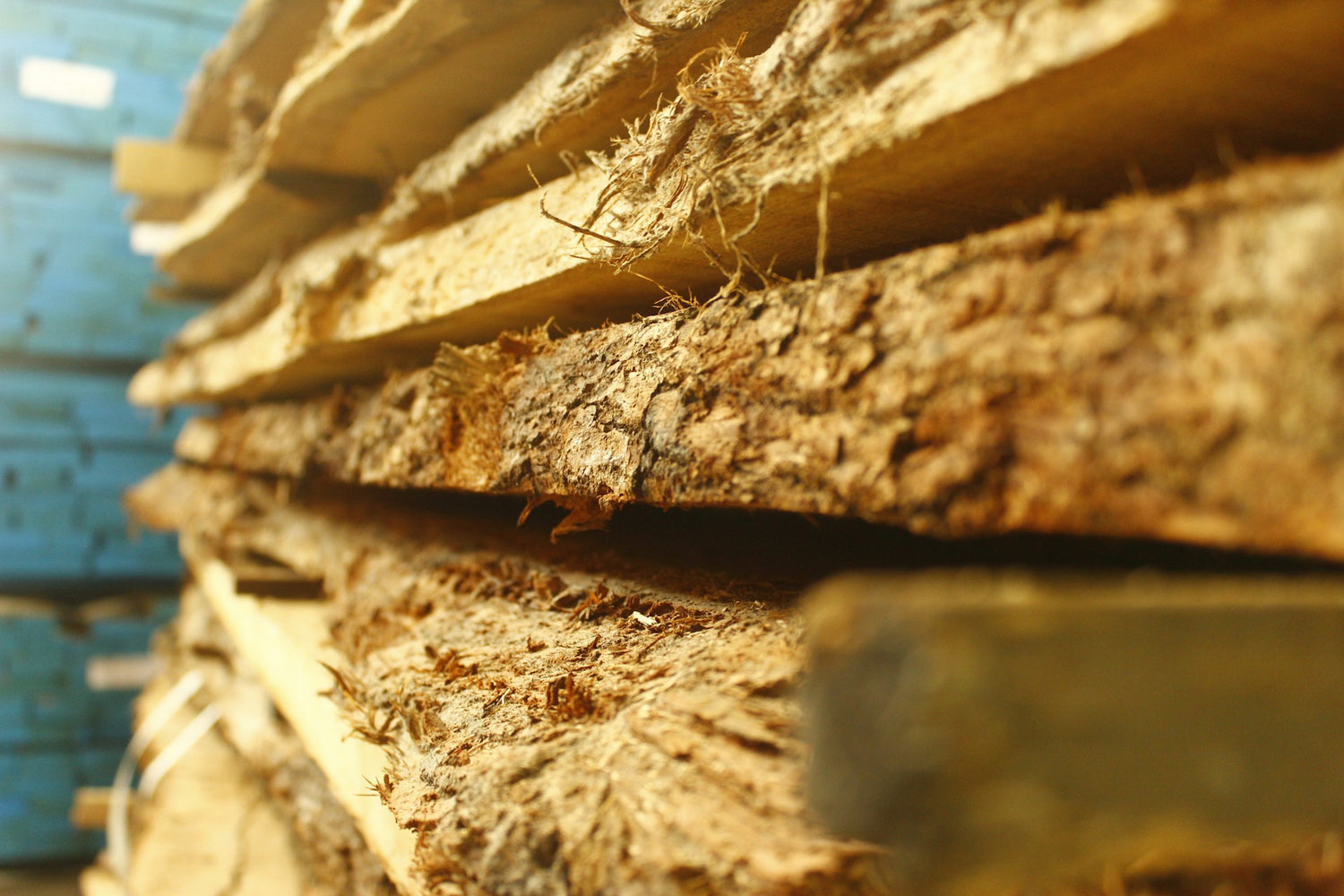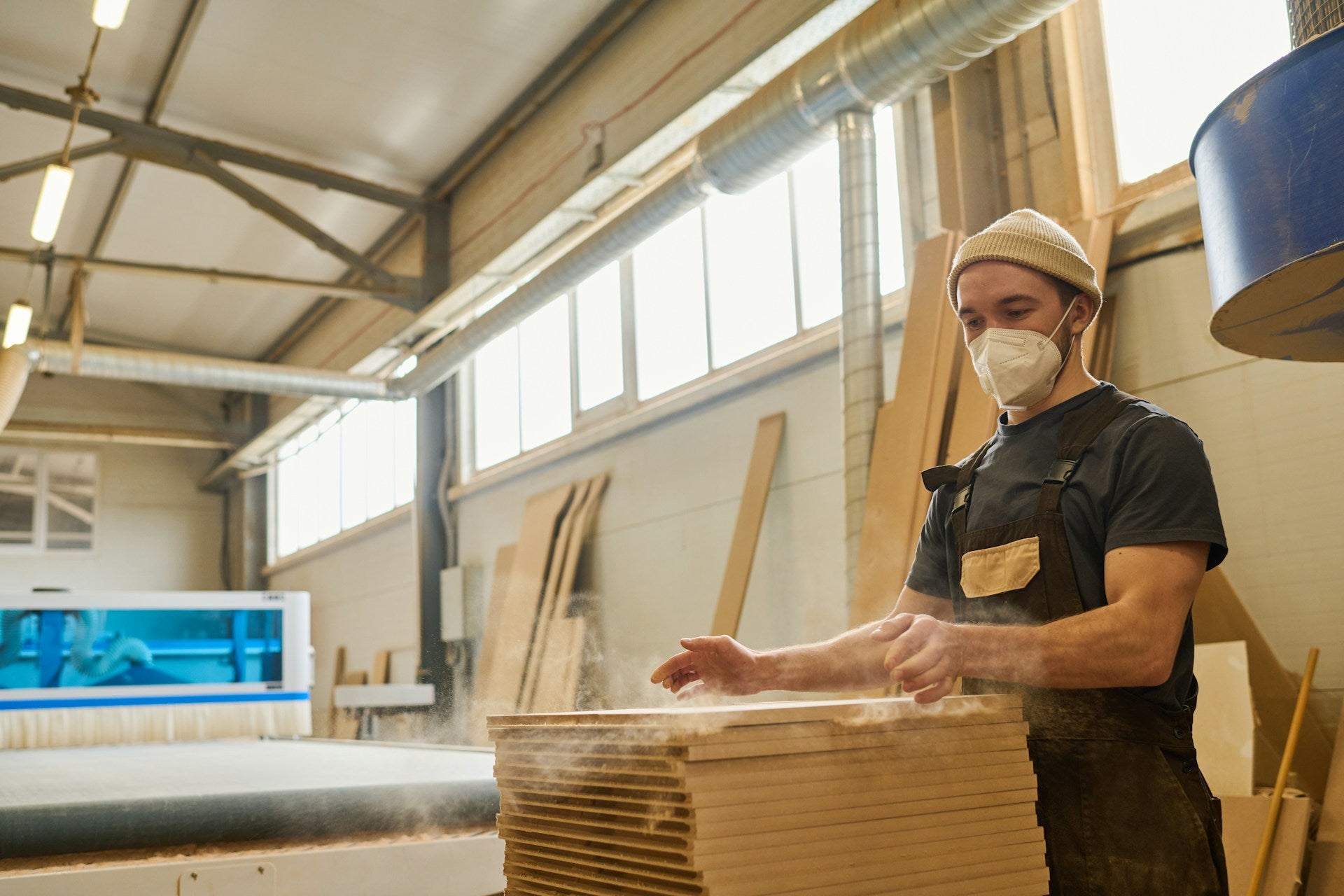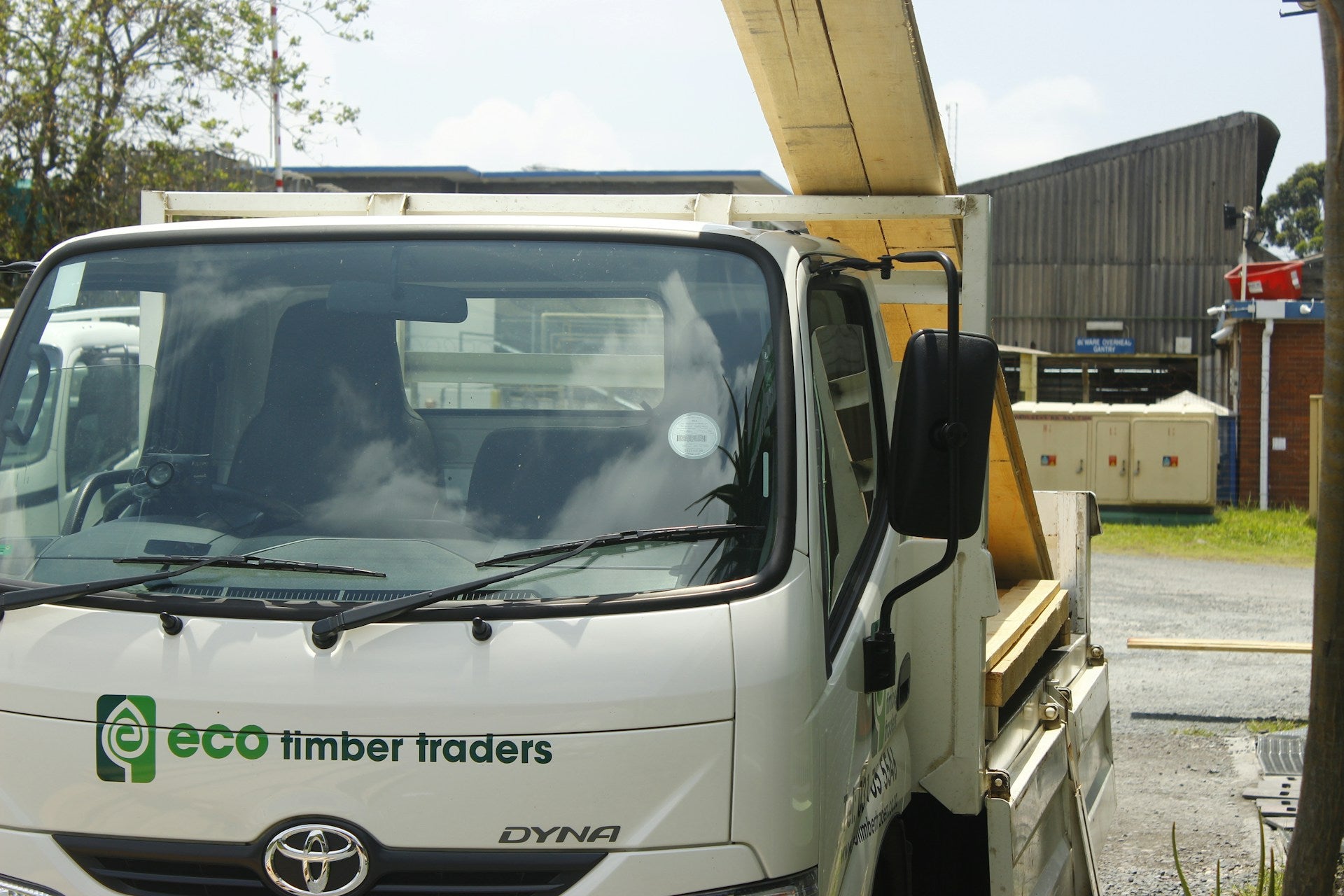When considering flooring options, many homeowners find themselves asking whether engineered hardwood is better than traditional hardwood. The answer often depends on your specific needs and preferences, but engineered hardwood provides several advantages such as affordability and moisture resistance. Engineered hardwood features a high-quality plywood core topped with a veneer layer, making it a practical choice for many environments while still offering the beauty of real wood.
Choosing the right flooring for your home can be overwhelming, particularly with the range of options available. If you prioritize durability and budget-friendly solutions, engineered hardwood might be the ideal choice for you. At Westwood Millworks, we specialize in Thermally-Treated Wood Products, offering products that not only enhance the aesthetic of your space but also stand up to daily wear and tear.
As you explore your options, consider how engineered hardwood and traditional hardwood fit into your lifestyle. Each material has unique attributes, and understanding these differences will help you make an informed decision for your home.
Comparison of Hardwood and Engineered Hardwood
When considering flooring options, understanding the differences between hardwood and engineered hardwood is essential. This section will explore their material composition, durability, moisture resistance, and aesthetic variety to help you make an informed decision for your space.
Material Composition
Solid hardwood flooring consists of a single piece of timber, usually sourced from species like oak, maple, or cherry. This type of wood offers natural beauty and can be sanded or refinished multiple times throughout its lifespan.
Engineered hardwood, on the other hand, combines a hardwood veneer layer with a core of plywood or high-density fiberboard (HDF). The engine construction provides added stability, which is particularly beneficial in varying humidity conditions. Each layer of engineered wood is bonded together, incorporating different directions for enhanced strength. This makes engineered wood a versatile option, mimicking the appearance of solid hardwood while providing functional benefits.
Durability and Resistance to Wear
Hardwood flooring is known for its durability, typically lasting several decades when properly maintained. The ability to refinish solid hardwood allows you to address scratches and wear, maintaining its aesthetics over time.
Engineered hardwood features a wear layer on its top, protecting the veneer from everyday wear and tear. While it may not last as long as solid hardwood for refinishing, it is highly resistant to dents and scratches, making it suitable for high-traffic areas. Depending on the thickness of the wear layer, engineered options can withstand moderate levels of abuse, preserving their look for years.
Moisture and Heat Stability
Solid hardwood is sensitive to moisture fluctuations, which can lead to warping or buckling. This limits its use in areas like basements or bathrooms, where humidity tends to be higher.
Engineered hardwood excels in moisture resistance due to its layered construction. The plywood or HDF core provides stability against temperature changes, making it suitable for spaces with radiant heating systems. Although it can resist moisture better than solid hardwood, prolonged exposure to water can still cause damage, so it's important to follow proper care guidelines.
Aesthetic Varieties and Customization
When it comes to aesthetics, solid hardwood offers classic beauty and a rich texture that many homeowners prefer. You have the option to choose from various wood species, grains, and finishes.
Engineered hardwood also provides a similar aesthetic but offers more versatility concerning design. The hardwood veneer can replicate various species and finishes, allowing you to achieve your desired look without compromising stability. With brands like Westwood Millworks, you can find exceptional varieties of thermally-treated wood products that combine durability and beauty, ensuring your flooring choice meets both style and functionality.
Installation Process and Costs
Understanding the installation process and associated costs is crucial in determining whether engineered hardwood or solid hardwood is the better choice for your space. Various factors influence installation, including preparation methods and overall flooring costs that affect your budget.
Preparation and Installation Methods
Prior to installation, proper preparation is key. This includes ensuring your subfloor is clean, dry, and level. With engineered hardwood, many options are available, such as glue-down, nail-down, or floating methods.
- Glue-Down: Recommended for concrete subfloors, this method offers a strong bond.
- Nail-Down: Best for wood subfloors, where planks are secured with nails or staples.
- Floating: Ideal for DIY projects, allowing planks to "float" above the subfloor without being attached.
This versatility in installation methods makes engineered hardwood a popular option. With professional help, your flooring installation will be efficient and effective, ensuring a polished final appearance.
Relative Flooring Costs
When considering flooring costs, engineered hardwood tends to be more budget-friendly than solid hardwood. The price per square foot for engineered wood ranges from $3 to $7 for materials, while solid hardwood can climb to $8 to $15.
You should also factor in installation expenses. Professional installation typically adds $3 to $8 per square foot for solid hardwood, while engineered options may be lower.
Choosing Westwood Millworks for your engineered hardwood products ensures quality and reliability. Our thermally-treated wood products enhance both durability and aesthetic appeal, making them a great investment for any project.
Maintenance and Longevity
Understanding the maintenance requirements and longevity of engineered hardwood versus traditional hardwood can help you make an informed decision. You’ll need to consider refinishing capabilities, cleaning and care, and the expected lifespan of both flooring types.
Refinishing Capabilities
Engineered hardwood typically has a thinner top layer of solid wood compared to solid hardwood. This means that engineered wood can often be refinished only a few times throughout its life, depending on the thickness of its veneer layer. In contrast, traditional hardwood can usually be sanded down and refinished multiple times, allowing for greater longevity and aesthetic renewal.
Choosing a thicker engineered wood option can enhance its refinishing potential, but this often comes at a higher price. If you prioritize the ability to refinish your floors multiple times, traditional hardwood may be a more suitable choice for you. Westwood Millworks offers high-quality Thermally-Treated Wood Products, which can extend the lifespan and durability of your flooring.
Cleaning and Care
Both flooring types have similar cleaning requirements, but engineered hardwood generally requires less intensive upkeep. Use a soft broom or vacuum to remove dirt, and a damp mop with mild soap for deeper cleaning. Avoid harsh chemicals, as they can damage the finish and wood.
Engineered wood may offer a slight advantage as it is less prone to warping under moisture compared to solid hardwood. Regular maintenance is crucial for protecting the surface and preserving its beauty. Westwood Millworks’ products are designed to minimize maintenance while ensuring durability.
Lifespan and Wear
The lifespan of engineered hardwood typically ranges from 20 to 30 years, while traditional hardwood can last 50 years or more with appropriate care. Factors influencing longevity include foot traffic, humidity, and maintenance routines.
Engineered wood can be a cost-effective choice for areas with varying humidity, as it is more resistant to moisture and temperature fluctuations. However, for high-end installations where longevity and value are critical, investing in solid hardwood may yield better resale value.
Environmental Considerations and Sustainability
When selecting flooring, understanding the environmental implications is crucial. This section addresses the sourcing and manufacturing processes, as well as the life cycle and overall environmental impact of engineered wood and solid wood flooring.
Sourcing and Manufacturing Impact
Engineered wood flooring is often considered a more sustainable option due to its sourcing methods. Typically, it uses less solid wood by incorporating layers of plywood or other materials beneath a hardwood veneer. This reduces the demand for large quantities of solid wood, making it less impactful on forests.
Furthermore, responsible manufacturing practices are vital. Many manufacturers, including Westwood Millworks, emphasize using wood from sustainably managed forests. This means that trees are harvested in a way that protects ecosystems, and production processes minimize waste and energy consumption.
Flooring Life Cycle and Environmental Impact
The life cycle of flooring significantly affects its overall environmental impact. Engineered wood generally has a longer lifespan compared to solid wood, which translates to less frequent replacement. This durability contributes to reduced waste in landfills.
At the end of its life, engineered wood can often be repurposed or recycled. Unlike solid wood, which may require disposal, engineered products can diminish landfill contributions. Additionally, the reduced carbon footprint associated with manufacturing engineered flooring makes it a compelling choice for eco-conscious buyers.
Choosing the right flooring not only enhances your space but also supports sustainable practices. For those interested in Thermally-Treated Wood Products, Westwood Millworks offers options that further elevate ecological responsibility, ensuring you make a choice aligned with environmental values.
Choosing the Right Flooring for Your Needs
Selecting the right flooring is crucial for enhancing your space while meeting your unique requirements. You need to consider how your lifestyle, aesthetic preferences, and budget will influence your decision. Here are the key components to think about.
Assessing Lifestyle and Usage
Evaluate how you and your family use your space. If you have pets or small children, durability is essential. Engineered hardwood, for example, tends to be more resistant to moisture and can handle foot traffic better than traditional hardwood.
Consider areas prone to humidity, such as basements or kitchens. Engineered options provide more stability, reducing the likelihood of warping. If you're in a high-traffic area, a harder finish may also help minimize scratches.
Your flooring should align with your daily activities. For example, if you entertain frequently, you might prefer a material that’s easy to maintain and can withstand spills.
Balancing Aesthetics and Functionality
Your flooring choice significantly impacts the aesthetic appeal of your home. Hardwood floors offer timeless beauty but require careful maintenance. If you're seeking a specific look, consider engineered hardwood, which can mimic various styles like distressed or hand-scraped wood.
Think about the finish and color too. Darker hues can add elegance, while lighter tones can make a space feel larger. Your choice should reflect both your personal style and the mood you wish to create.
If you're aiming for a specific design while ensuring practicality, engineered hardwood may provide the versatility you need. It can fit seamlessly into various design themes without compromising durability.
Cost-Efficiency and Value Investing
When considering flooring, it's essential to analyze the costs. Traditional hardwood floors often range between $8 and $15 per square foot, while engineered options typically offer more budget-friendly alternatives.
Consider installation costs too. Engineered hardwood can be installed using floating, glue-down, or nail-down methods, offering flexibility that may save you money on installation fees.
Resale value is another factor to keep in mind. Homes with high-quality flooring materials often attract buyers. Engineered hardwood provides an excellent balance of affordability and aesthetic appeal, making it a wise investment.
For quality Thermally-Treated Wood Products, look no further than Westwood Millworks. Our offerings deliver durability and beauty, making them ideal for your flooring needs.




Leave a comment
This site is protected by hCaptcha and the hCaptcha Privacy Policy and Terms of Service apply.